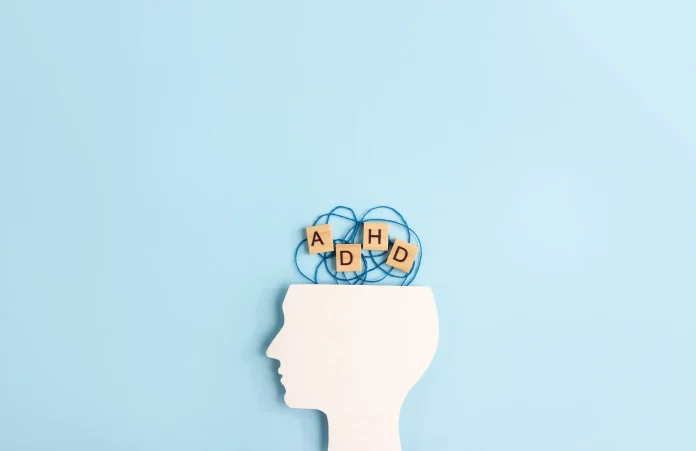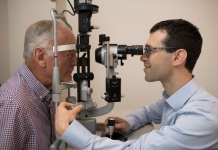Attention Deficit Hyperactivity Disorder (ADHD) is a neurodevelopmental disorder that can affect individuals of all ages, impacting their ability to focus, control impulses, and regulate behavior. ADHD therapy encompasses various approaches tailored to the needs of children and adults with ADHD. This article explores therapy approaches for managing ADHD and improving overall quality of life.
Understanding ADHD Therapy
ADHD therapy is a comprehensive treatment approach that may include behavioral therapy, medication, lifestyle changes, and educational support. The goal of therapy is to help individuals with ADHD develop skills to manage their symptoms effectively and improve their daily functioning.
Behavioral Therapy for ADHD
Behavioral therapy is a cornerstone of ADHD therapy, particularly for children. It focuses on teaching children and adults with ADHD how to monitor their behavior, set goals, and implement strategies to improve attention and impulse control. Behavioral therapy can also help individuals develop social skills and manage emotions.
Medication for ADHD
Medication is often prescribed as part of ADHD therapy, especially for individuals with moderate to severe symptoms. Stimulant medications such as methylphenidate and amphetamines are commonly used to improve focus and attention. Non-stimulant medications may also be prescribed for individuals who do not respond well to stimulants or have side effects.
Lifestyle Changes for ADHD
In addition to therapy and medication, lifestyle changes can also be beneficial for managing ADHD. This may include establishing a structured routine, creating a calm and organized environment, and incorporating regular exercise and healthy eating habits. Adequate sleep and stress management techniques can also help reduce ADHD symptoms.
Educational Support for ADHD
Educational support is essential for children and adults with ADHD to succeed academically and professionally. This may include accommodations in the classroom or workplace, such as extended time for assignments and exams, preferential seating, and access to assistive technology. Educational support can help individuals with ADHD reach their full potential.
Conclusion
ADHD therapy offers a range of approaches to help children and adults manage their symptoms and improve their quality of life. By combining behavioral therapy, medication, lifestyle changes, and educational support, individuals with ADHD can develop the skills they need to thrive. If you or someone you know is struggling with ADHD, consider seeking help from a qualified healthcare professional to explore the best therapy options available.







